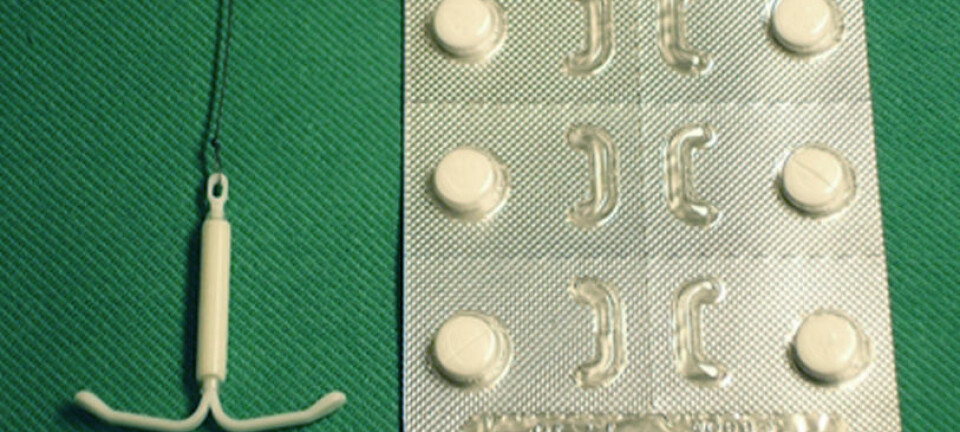
Cancer patients with high vitamin D levels live longer
The risk of dying from cancer is more than 2.5 times higher in patients with low vitamin D levels compared to patients who have high levels of the same vitamin.
Denne artikkelen er over ti år gammel og kan inneholde utdatert informasjon.
The correlation was consistent in patients with breast, colon, lung and lymphoma cancer, and the findings support the assumption that vitamin D is an important factor in the development of cancer.
Steinar Tretli at The Cancer Registry of Norway and colleagues measured the vitamin D levels of 658 patients with cancers of breast, colon, lung and lymphoma, by using blood samples that had been collected at the time of diagnosis.
The patients were allocated to four groups, based on their vitamin D levels, ranging from high, medium-high, medium-low and low. When the researchers compared them, they found that the risk of dying from cancer was the highest for patients in the low-level group.
Two-and-a-half times more likely to die
“Our key finding was that those with the lowest vitamin D levels were about 2.5 times more likely to die of the disease, compared with patients with the highest levels,” says Trude Eid Robsahm, who co-authored the study.

Robsahm and colleagues found that the correlation pattern exists for breast, colon, lung and lymphoma cancer: in all of these cases, patients with low vitamin D levels had a significantly poorer prognosis.
For example lung cancer patients, the median survival rate after the cancer diagnosis was 5.3 months for patients with low vitamin D levels, whereas it was 22.6 months for patients with high levels.
“For the patients, this is a huge difference,” says Robsahm. “They lived almost a year and a half longer.”
Vitamin D supplements as cancer treatment
Administering high doses of vitamin D in cancer patients might slow down the progress of the disease. But scientists have yet to determine whether the link between the vitamin and cancer’s progress is in fact causal, and Robsahm says it's too early to recommend high doses of vitamin supplements as treatment, despite the promising results of several studies, including her own.
“This is an association study, and whether it's vitamin D that influences the cancer disease or vice versa is not clarified.”
Robsahm says it is very important to avoid premature recommendations regarding the use of vitamin supplements. Past experience has shown that the consequences can be fatal.
“Vitamin A supplements have been believed to reduce the risk of lung cancer, but it turned out that a high intake also increases the risk of lung cancer in smokers.”
Robsahm’s dietary recommendation for cancer patients is to follow official guidelines, until more is known about the link between vitamin D and cancer.
Dark winters affect the progress of cancer
In a previous study, Robsahm and colleagues found that patients with breast, colon and prostate cancer are 15-25 percent less likely to die if they are diagnosed during summer or autumn, compared with patients diagnosed during the winter.
Sunshine is our main source of vitamin D, and the winter months in Norway are notoriously dark.
“There is no vitamin D production in the skin during the winter,” says Robsahm. “From October to March, the sunlight does not contain the necessary UV-B rays.”
Vitamin D – the super vitamin?
A long series of studies have focused on vitamin D and how it affects our health, and many of them are from the past few years.
Some of the studies appear to have conflicting results, such as those linking vitamin D to a high life expectancy and premature death, but scientists have also convincingly argued that the vitamin has positive effects on bone health and a good potential for treating diseases such as multiple sclerosis and Alzheimer’s.
”Vitamin D is definitely an exciting vitamin,” says Robsahm. “It’s involved in many cell processes, it controls several genes, and almost every tissue in the body has vitamin D receptors, indicating its important role.”

































